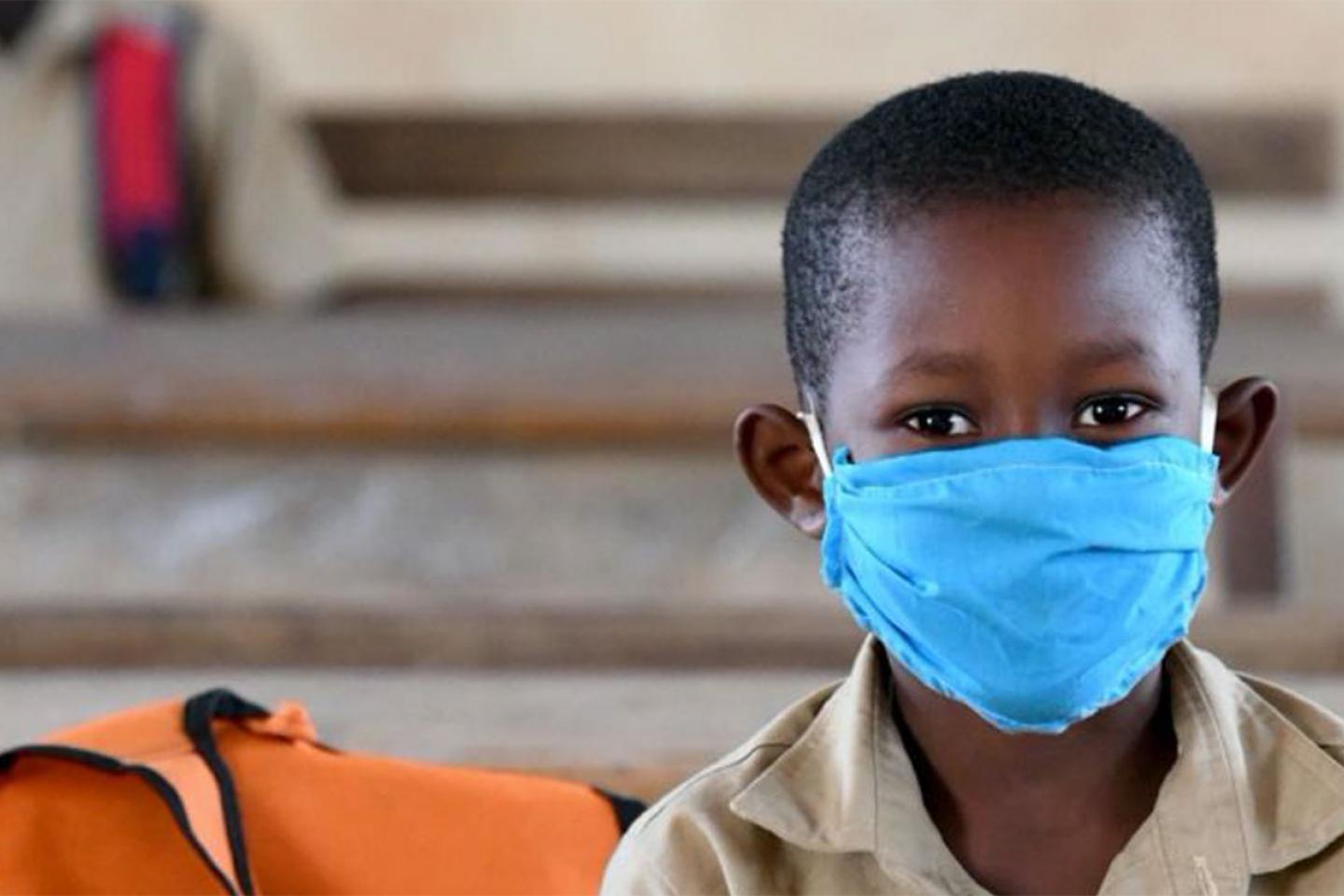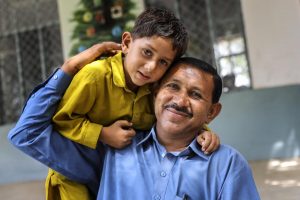
08 Nov UNICEF child care tips for staying home from COVID-19
The international agency recommends for child care, that parents protect the mental and emotional health of their children.
In the framework of the COVID-19 pandemic, the UNICEF office in the Dominican Republic calls on parents and caregivers of children and adolescents to take extreme preventive health measures, avoid overexposure of children under age to alarmist or false information and protect your physical, mental, and emotional health.
In the Dominican Republic, as in many other countries, schools have been closed to prevent the spread of the pandemic. The number of boys, girls, and adolescents enrolled in public and private schools is 2,689,190, according to the Statistical Bulletin of the Ministry of Education 2017-2018.
UNICEF Has Prepared Some Recommendations For Parents To Consider Now That The Children Are At Home:
Strengthen Communication Between Children And Their Parents or Caregivers.
As adults, it is normal for children to feel anxiety, fear, or have doubts about something they do not know. Therefore, it is vital to listen to them and encourage them to express their fears, and take time to clarify their doubts in a language that they can understand and without deception. It is also important to be patient and calm since if adults are anxious or panicky, this state will be perceived and reproduced by boys and girls.
Reinforce Prevention Measures, Integrating the Whole Family

At all times, assure them that everything will be fine and that in addition to staying home, your family is taking the necessary measures to avoid contagion, especially with the correct practice of handwashing. Take advantage of reinforcing prevention measures and also encourage them to be part of the solution, inviting them to give ideas of measures to adopt new hygiene habits at home.
Reduce the Exposure of Children And Adolescents to False or Alarmist Information
Talk to them about the coronavirus according to their age, referring only to verified information from official sources and clarifying doubts or misunderstandings. It is also important to control their access to tabloid news, videos, and images that may negatively affect them. Don’t make alarmist comments in front of them.
Strengthen the affective bond with your sons and daughters.
Now that the girls and boys are home, take the opportunity to remind them, at all times, how much you love them.
Integrate family activities and games to bring the family together and release stress.
As much as possible, play games integrating all members of the family and use art and creativity to strengthen communication, bonding and stimulate development in the little ones. No matter the age, the game releases tensions and brings the family together. Encourage group activities and hobbies that your sons and daughters are passionate about, for example, painting, dancing, and choreography, reading, movies and series, board games, etc.
Take Steps to Prevent Violence in the Home
Children and adolescents must have a safe and non-violent family environment. Even more so during a situation of general insecurity due to the coronavirus disease. It is the responsibility of parents and child caregivers to always remain calm. And avoid violent reactions against our children, such as shouting, hitting, threats, or any other type of physical or emotional punishment. We must not overturn in them, the states of anxiety, fear, helplessness. Or anguish that we may have due to the emergency situation that we all live in.
Ensure Family Communication And Bonding
Remind them how important it is for the whole family to maintain physical distance from other family members. Who does not live at home to avoid contagion, especially from the elderly? It is important to maintain frequent virtual communication with grandparents, grandmothers. And other relatives to take care of the emotional ties with them. Reminding children that for older adults it will also be good to know that they care about them.
Ensure Communication And Affective Bond With Friends
For children and adolescents, it is essential to maintain ties with friends, girlfriends, and fellow students. Many of them communicate through networks. Others will have difficulties connecting easily since they do not have their own devices and the internet centers are closed. Support your children to communicate with their friends by sharing their cell phones or computer at a certain time.
Agree on Routines at Home For And With the Whole Family
It is important that all family members agree on routines, schedules, and spaces in the house. So they can arrange individual and group activities during these weeks. It must be remembered that they are not on vacation but doing everything. That adults, sons, and daughters normally do, but at home and using technological means.
Promote Physical Activity And Avoid Overexposure to Online Violence
Children and adolescents spend all day connected to the screens which are not good. This can expose them to a greater risk of becoming victims of different practices of violence online. Propose and family agreement on new routines to ensure study time. Family interaction, and physical activity at home. So necessary to maintain good physical, mental and emotional health.
You may also be interested in How Do Social Networks, Influence Children?

Sorry, the comment form is closed at this time.